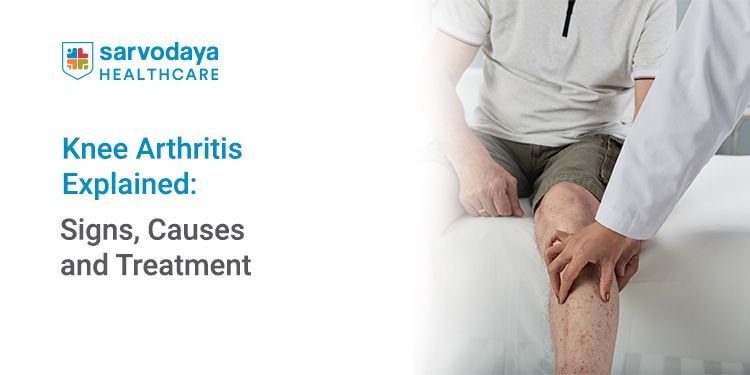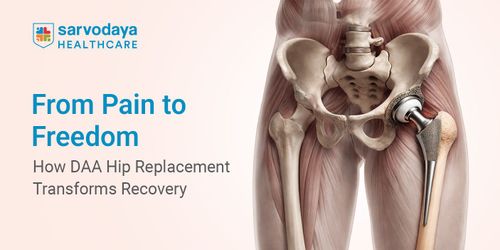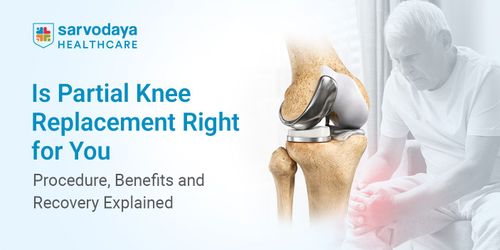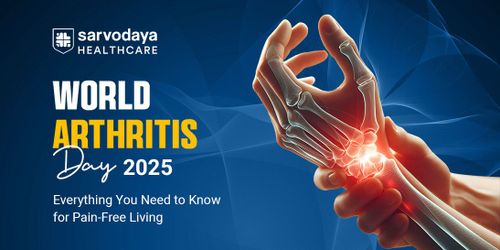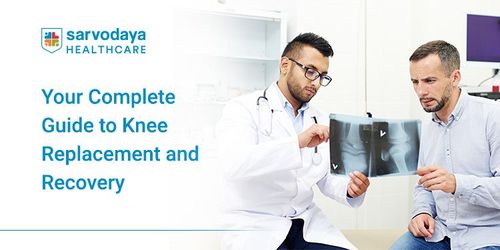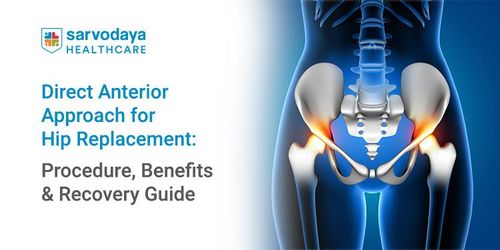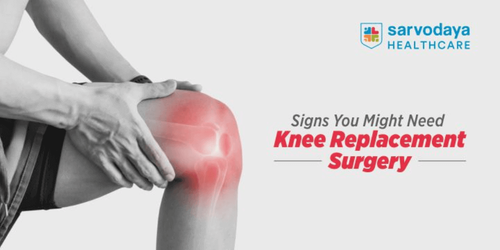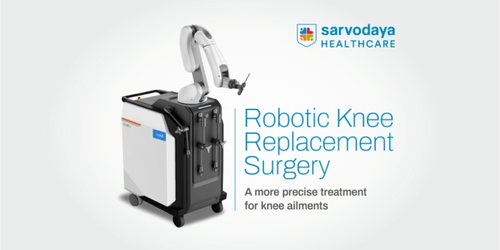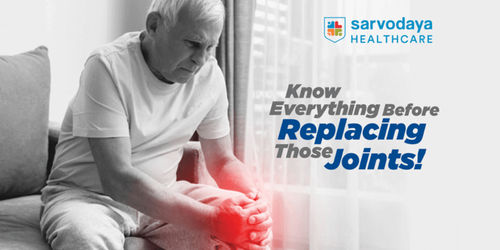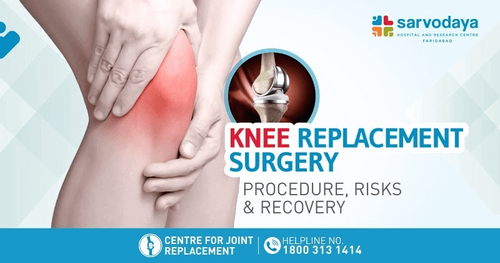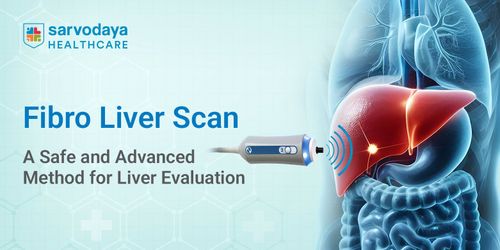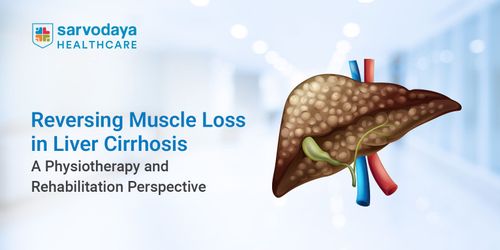In this blog, we will take a closer look at the condition, covering essential areas such as the first signs of knee arthritis and underlying triggers, as well as options for treatment for knee arthritis. With timely action, progression can be slowed, symptoms managed effectively, and the need for surgical intervention often delayed or even prevented.
Understanding Knee Arthritis
Knee arthritis is a chronic condition that involves inflammation, cartilage breakdown, and eventual joint degeneration in the knees. Over time, the protective cartilage on the bones wears away, causing friction, pain, and restricted movement.Although commonly associated with ageing, the condition does not discriminate and can affect individuals of various age groups depending on their lifestyle, genetics, and medical history. There are several types of knee arthritis, including osteoarthritis, rheumatoid arthritis, and post-traumatic arthritis, each with its unique cause and progression pattern.
Despite being incurable, the impact of knee arthritis can be substantially reduced through early diagnosis, appropriate management, and adopting the right exercises to maintain strength and mobility.
Recognising the First Signs of Knee Arthritis
Early detection of knee arthritis is critical to slowing its progression and preventing irreversible joint damage. Recognising the first signs of knee arthritis enables individuals to make informed choices about treatment, lifestyle changes, and physical activity. Often, the initial symptoms are subtle and may be mistaken for temporary strain or fatigue. However, these signs should not be ignored.
Below are some common indicators that may signal the early onset of knee arthritis:
- Persistent discomfort or aching in the knee, especially after physical activity
- The first signs of knee arthritis often include stiffness after waking up or prolonged sitting.
- Swelling or inflammation around the joint that recurs frequently
- A sensation of weakness or the knee giving way while walking
- A gradual decline in the knee’s flexibility and range of motion
Major Symptoms of Knee Arthritis
As knee arthritis progresses, the symptoms intensify and might interfere with daily routines. What starts as occasional discomfort may grow into persistent pain and stiffness, impacting the ability to walk, exercise, or perform simple movements. Understanding the typical symptoms of knee arthritis helps distinguish it from other knee-related issues and supports timely medical intervention.Some symptoms of knee arthritis that develop in the later stages include:
- Chronic joint pain that worsens with activity and improves slightly with rest
- Noticeable stiffness in the knee, especially after continuous inactivity for a while
- Audible noises during movement, like creaking, grating, or popping
- Visible swelling that may persist even after rest or elevation
- Difficulty climbing stairs, bending, or kneeling
- Changes in the appearance of the knee, such as deformity or muscle loss
Recognising these symptoms early can lead to more effective treatment for knee arthritis, making it easier to manage pain and maintain joint health through lifestyle adaptations and supportive therapies.
Causes of Knee Arthritis
The condition results from a combination of mechanical wear and biological changes that affect the joint over time. While age is a well-known contributor, several other risk factors can accelerate cartilage breakdown and joint deterioration.Knee arthritis usually stems from a combination of the following:
- Natural ageing, which leads to the gradual wear and tear of joint cartilage
- Ligament tears, fractures or other previous knee injuries
- Obesity, which adds excess stress on the knee joints during everyday movement
- Genetic predisposition makes some individuals more susceptible.
- Inflammatory conditions like rheumatoid arthritis, which directly damage joint tissue
- Repetitive strain from certain occupations or athletic activities
Effective Treatment for Knee Arthritis
The primary goal of treatment is to reduce pain, improve joint function, and delay or prevent surgical intervention. A variety of non-invasive and surgical treatments are available today, depending on the stage and severity of the disease.Outlined below are several options commonly used in the treatment of knee arthritis:
- Anti-inflammatory medications and pain relievers to control discomfort
- Taking physiotherapy sessions helps maintain joint mobility and muscle strength.
- Use assistive devices like braces or orthotics for joint support.
- Injections like corticosteroids or hyaluronic acid to ease inflammation
- Surgical options, such as partial or total knee replacement, are for conservative method, when condition fails.
Best Exercises for Knee Arthritis Relief
With the right exercises, you can strengthen the muscles surrounding the knee, improve flexibility, and reduce its stiffness. Additionally, regular movement promotes joint lubrication and circulation, which helps reduce pain over time.Here are some highly recommended forms of exercise for knee arthritis:
- Straight leg raises build strength in the quadriceps without putting pressure on the joint.
- Hamstring stretches to improve flexibility and reduce strain on the knee.
- Water aerobics for low-impact resistance training that supports the body while moving
- Stationary cycling, which increases the range of motion with minimal joint stress
- Quadriceps strengthening exercises such as step-ups and mini-squats, performed under the guidance
When to Consult a Specialist
If knee pain becomes persistent and begins to affect your day-to-day life, it’s time to consider professional help. Early consultation with a specialist can halt the worsening of symptoms and provide access to a personalised care plan. Those experiencing frequent stiffness, recurring swelling, or difficulty performing daily tasks should not wait for symptoms to worsen.When seeking expert care, consider reaching out to the best orthopaedic doctor in Faridabad at Sarvodaya Hospital, Sector- 8, Faridabad. Timely guidance and intervention can go a long way in improving outcomes and delaying invasive treatments.
Conclusion
Knee arthritis can be a debilitating condition if ignored, but with awareness and early intervention, it is possible to manage its impact and maintain a good quality of life. Incorporating supportive measures like exercise for knee arthritis, healthy weight management, and staying informed can significantly reduce the discomfort and limitations caused by the disease.For those seeking expert evaluation and care, Sarvodaya Hospital, Faridabad offers a comprehensive approach to arthritis management. Known as one of the best hospital in Faridabad, Delhi NCR, the hospital houses some of the best orthopaedic doctors in India and is renowned for its advanced joint care facilities. Whether you're in the early stages or facing complex symptoms, a preventive consultation can help identify solutions before the condition worsens.
With the right care plan and guidance, it's entirely possible to live a fulfilling life despite a diagnosis of knee arthritis. Book an appointment for a preventive consultation at Sarvodaya Hospital today and let expert orthopaedic specialists guide you towards the right treatment and long-term joint health.


